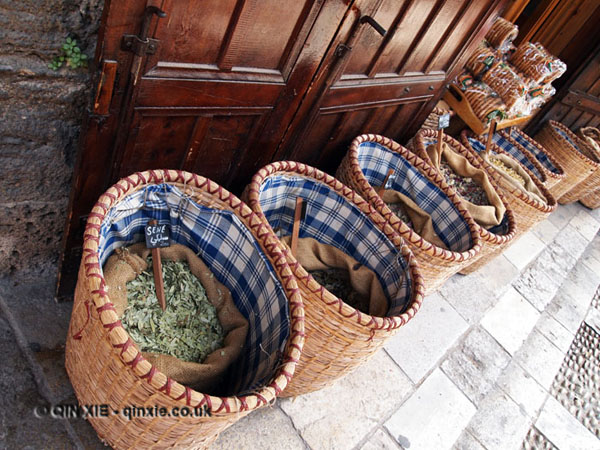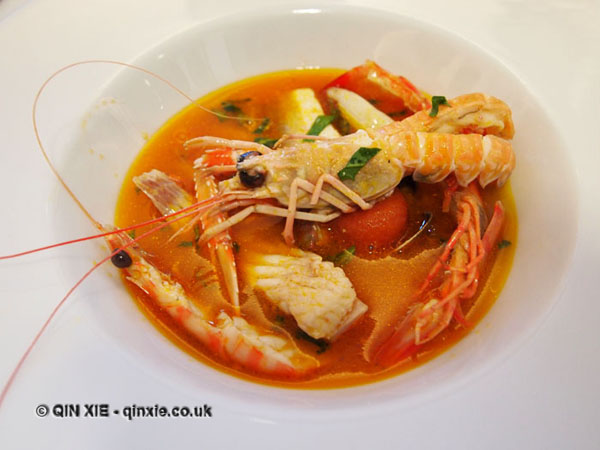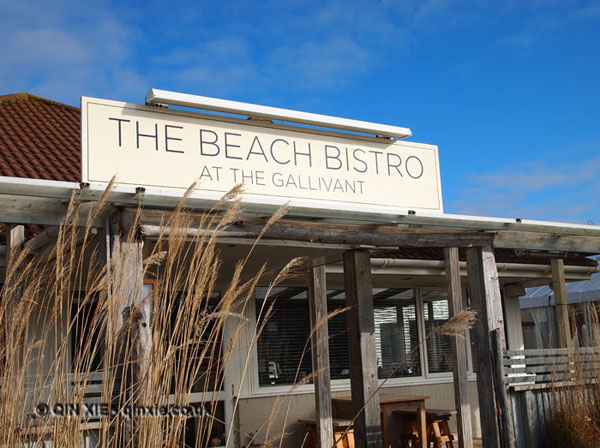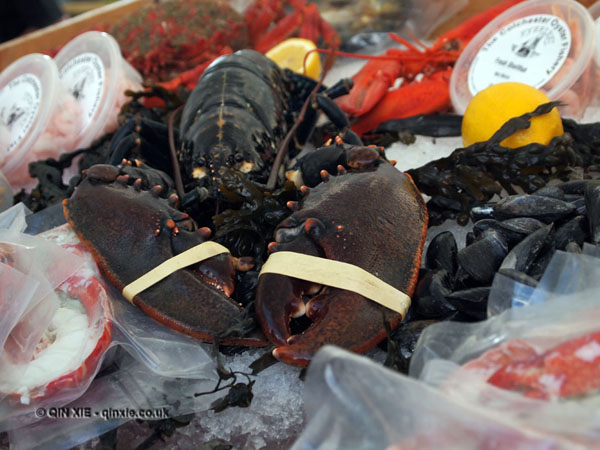Published on The Prodigal Guide on 28th November 2011:
Food writing, it’s a complex game.
For the aspiring, and even established writers, who are desperately trying to charm editors into a commission, it’s not only hard work but also extremely competitive. Equally, though, the food circle is very small and winds tighter and tighter the closer you come to the fore. Everyone seems to know everyone else in this industry and, as a consequence, everyone else’s business too.
I often wondered what one might read on the rags of a Gossip Girl equivalent of this little incestuous crowd. Judging by what one hears on the grapevine, it’s detrimentally scandalous. Thankfully, no such column has been penned. Yet.
Of course that is not to say the subtleties of relationships haven’t escaped into writings here and there. Indeed, on these very pages and elsewhere, Douglas Blyde wrote of our fleeting encounter during the summer months. But like the chilled champagne served during that lukewarm season, the bubbles dissolved as they surfaced and quickly fizzled out. And at the end of it, a teased palate was left unsatisfied – because when two hungry gourmets collided, the explosion was gastronomical.
The intricacies of navigating a post-love battlefield are always delicate, but it’s even more so when all paths in the small space afforded eventually lead to heart-mines. Faced with the omnipresence of these reminders, I got thinking about food and relationships.
While my own recent forays into this connection has been a romantic one, it isn’t the rule across the board. Certainly, it wasn’t why I got into food in the first place – my love of eating did that.
For chefs in particular, the link has been mostly inter-generational and apparently patriarchally skewed. Nigel Slater got into food because he wanted to please his father; Allegra McEvedy started cheffing following the advice of her father; and Simon Hulstone probably wouldn’t have competed in the Bocuse d’Or if it wasn’t for the competitive streak instilled in him by his father, who at one time was also a competition chef.
And there are many chefs with fathers in the industry like Dominic Chapman, Henry Harris and Alain Roux; the list goes on.
Then there’s all the ways that our relationships in food have influenced our cooking style. There’s Cass Titcomb of Canteen who was always brought up on the best of British and that’s filtered through to the menu served across their five venues in London. Or Jun Tanaka of Pearl, a Japanese chef known for his French style, who started by working through all of his father’s top rated restaurants, all of which were French.
And that’s just about chefs. What about academics? Politicians? Artists?
It seems that food and relationships is a subject so fertile that a bare few hundred words would not do it justice. So while the seed of this idea is sown here, I will ruminate over what grows from it in the columns which will faithfully follow.




